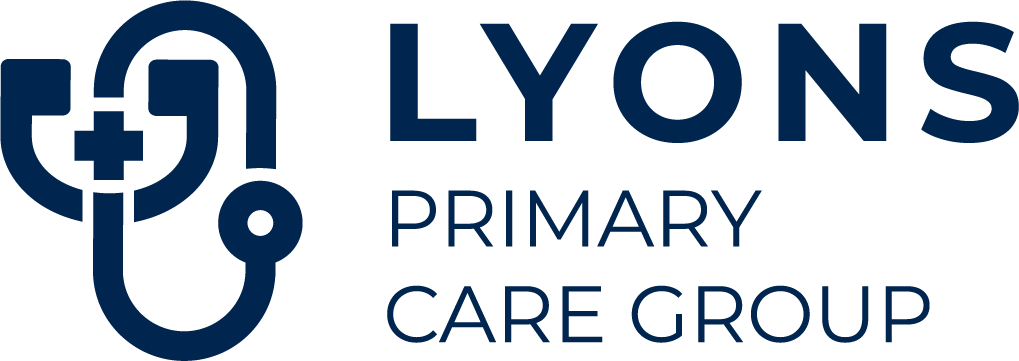CANCER SCREENING
Primary care providers are key in coordinating care, ensuring follow-ups, and supporting patients through cancer screening.
SECTION CONTENT
Overview
Recommended Reading
Treatment
-
Cancer screening is a critical tool in primary care for the early detection of various cancers, including breast, cervical, colorectal, and lung cancer. Early diagnosis can significantly improve treatment outcomes and survival rates.
-
Cancer screening involves tests performed before symptoms appear, aiming to identify cancer at an early, more treatable stage.
Common screenings include:
Breast Cancer Screening Routine mammograms for women starting at age 40-50, depending on risk factors.
Cervical Cancer Screening Pap smears and HPV testing for women aged 21-65.
Colorectal Cancer Screening Colonoscopy or stool-based tests for adults starting at age 45, depending on risk factors.
Prostate Cancer Screening PSA blood tests for men, typically starting around age 50, depending on risk factors.
Lung Cancer Screening Lung imaging for adults aged 50-80 with a history of smoking.
-
An abnormal cancer screening result doesn’t always mean cancer. Additional tests may be needed, and if cancer is confirmed, treatment options will depend on its type and stage. Treatments may include surgery, radiation, chemotherapy, or targeted therapy. Discuss all options with a healthcare professional to make an informed decision.
This content has been reviewed by our health care specialists for education and is not a substitute for medical advice. Consult your provider with any questions.

